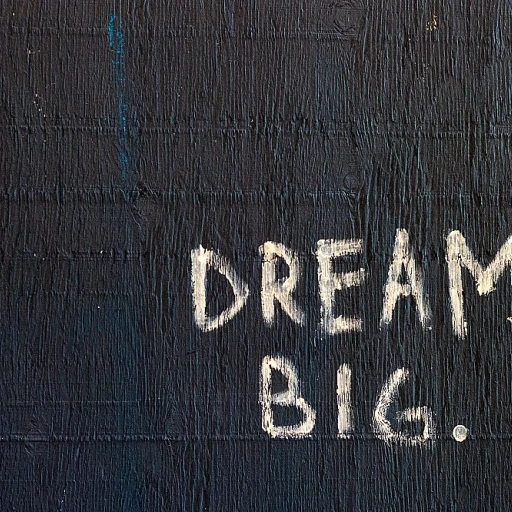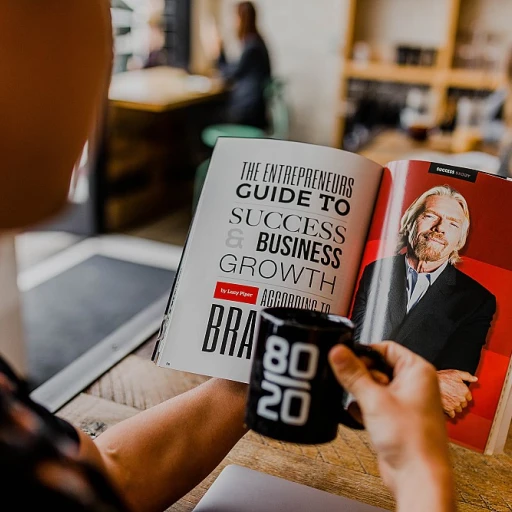
Understanding the Role of Preliminary Interviews
The Importance of Preliminary Interviews in the Recruitment Process
The preliminary interview, often referred to as a screening interview, serves as a crucial first step in the recruitment process. It allows hiring managers to efficiently filter through applicants and identify those who possess the foundational skills and experiences necessary for the job position. By establishing a screening process early on, companies can save time and resources in later stages of interviewing, focusing only on candidates who are more likely to be a fit for the role and company culture. Preliminary interviews provide insights into the candidate's communication skills, adaptability, and initial cultural fit, elements that are critical to long-term success in any given role. Through pre screening, organizations assess if individuals meet the basic qualifications and demonstrate the potential for growth within the company. This stage often involves assessing both technical skills and soft skills, ascertaining whether a candidate's demeanor and work ethic align with the company values. While screening interviews are typically more concise than later stages, they are no less critical. The effectiveness of these initial interviews can significantly impact the quality of talent entering the organization by setting the tone for a seamless and organized hiring process. To gain more insight on how preliminary interviews can be a vital determinant in your hiring decisions, consider exploring opportunities with Bluebird job openings.Leveraging Technology in Preliminary Interviews
Utilizing Modern Tools in Screenings
The advancement of technology has undeniably transformed the way companies conduct preliminary interviews, presenting both opportunities and challenges. Leveraging technology effectively can streamline the pre-screening process, enhance the recruitment experience for both applicants and hiring managers, and lead to better hiring decisions. One integral shift has been the rise of video interviews. This mode of communication has become a staple in screening interviews, allowing companies to conduct an initial interview without the logistical constraints of coordinating physical meetings. It not only saves time but also opens up the recruitment process to global talent, ensuring that the best candidates, regardless of geographic location, are considered for the position. Moreover, technology facilitates the integration of pre-screening interviews with applicant tracking systems. This alignment ensures that vital data collected during the interviews is systematically recorded and easily accessible. It's essential for hiring managers to select tools that support efficient evaluation of candidates' skills and cultural fit, ensuring they are aligned with the company's long-term goals and values. In addition to video interviews, automated preliminary interview software can enhance the process by ranking candidates based on predefined criteria. This reduces the potential for human error and ensures a more objective evaluation of talent. However, it's vital to maintain a human touch, as over-reliance on technology may overlook promising individuals who might not fit traditional molds. For companies and hiring managers navigating these technological advancements, understanding the role of these tools in the hiring process is a critical step. The use of technology should be continually assessed and tailored to suit specific company needs, possibly leading to a smoother transition through the recruitment process and into exploring employment opportunities at Morgan State University, for example. By doing so, companies can refine their hiring process to engage with candidates more effectively and efficiently, ultimately leading to better recruitment outcomes.Crafting Effective Preliminary Interview Questions
Designing Meaningful Interview Queries
Crafting effective interview questions during the pre screening phase is a pivotal part of the recruitment process. These questions are not just about verifying an applicant's resume credentials but are crucial for assessing whether a candidate is a suitable fit for both the role and the company culture. When designing questions for preliminary interviews, hiring managers should focus on:- Prioritization of Skills and Experience: Begin with inquiries that emphasize the specific skills and work experience directly relevant to the job. This ensures that the candidates possess the baseline qualifications necessary for the position and can seamlessly integrate into the company’s operations.
- Cultural Fit Assessment: It is vital to include questions that gauge how well an individual might blend with the existing company culture. Understanding an applicant's values, attitudes, and behaviors can provide insights into whether their long-term tenure is probable.
- Behavioral-Based Questions: Implement queries that encourage candidates to demonstrate their communication skills, problem-solving capabilities, and adaptability through specific past experiences. This approach illuminates both their professional development and potential red flags.
- Future Contribution and Growth: Ask questions that explore how the candidate envisions their role evolving. This can reveal their ambition and resourcefulness, indicating how they might contribute to the company in the long term.
Overcoming Common Challenges
Addressing Hurdles in Preliminary Interviews
The journey of the preliminary interview process is often riddled with challenges that companies and hiring managers must navigate. Understanding these common obstacles and developing strategies to overcome them can significantly enhance the efficacy of your recruitment process. A frequent challenge faced during initial interviews is the identification of suitable candidates from a diverse applicant pool. Efficient use of pre screening techniques, such as automated questionnaires, can quickly highlight individuals whose skills and experiences make them strong contenders for the role. Similarly, conducting video interviews can streamline the process, enabling a broader reach and more flexible scheduling inherently accommodating wider talent. Communication skills are another hurdle. It is essential for interviewers to frame questions that elicit comprehensive responses, effectively assessing both technical and cultural fit. For instance, open-ended interview questions that encourage the applicant to share their experience or solve a hypothetical problem can provide critical insights into their problem-solving abilities and alignment with company culture. Moreover, hiring managers often encounter red flags during preliminary interactions, such as discrepancies in the applicant’s resume or a lack of enthusiasm. To mitigate these, it's vital to maintain a thorough and consistent interview process wherein interviewers are trained to probe effectively and listen attentively. The preliminary interview not only involves evaluating candidates for the position but also demands keen attention towards spotting long term potential and uncovering talent that aligns well with the company’s future goals. This critical step forms the foundation of hiring decisions that benefit both the individual and the organization. Incorporating a case study analysis into your preliminary interviews can further refine candidate assessment. By presenting a real-world problem related to the position, you can gauge how candidates apply their knowledge and adapt their communication to a practical scenario, offering deeper insight into their potential contribution to the company.Evaluating Candidate Responses
Assessing Candidate Communication and Observational Insights
The evaluation of candidate responses during a preliminary interview is a critical step in the recruitment process. It allows hiring managers to gauge whether an individual is suited to the role and fits the company's culture and values. The initial interview involves analyzing how applicants articulate their experiences and skills related to the job position. Communication skills are paramount, as they indicate not only the candidate’s ability to perform in the role but also their potential fit within the team dynamics. In video interviews, observing non-verbal cues can provide additional insights. Body language, eye contact, and even tone of voice convey levels of confidence and engagement, which can serve as indicators of the individual's genuine interest in the position. Hiring managers should be aware of red flags, such as inconsistent responses or a lack of enthusiasm, as these might imply a poor long-term cultural fit. The screening interview is a chance to compare the candidate’s answers against the core competencies required for the role, thereby ensuring alignment with the company’s expectations and the desired job role. Incorporating a balanced mix of both open-ended and situation-based interview questions is advisable to uncover deeper insights into how candidates respond to real-world challenges. This approach not only tests their problem-solving capabilities but also helps depict their potential to collaborate in complex scenarios, enhancing the decision-making process for hiring managers and reducing the risk of mis-hires in further stages of the recruitment process.Best Practices for Continuous Improvement
Enhancing Interview Techniques for Ongoing Success
Mastering the art of the preliminary interview is not a one-time achievement but an ongoing effort that demands continuous improvement. This process requires a strategic approach to refine methods and enhance recruitment outcomes. By staying informed on industry trends and being open to evolving practices, hiring managers can significantly improve their interview strategies.
- Regular Feedback Loops: Establishing a system for collecting feedback from hiring managers, candidates, and other stakeholders can provide valuable insights. This information can identify areas for improvement in the interview process and help tailor approaches to align better with company culture.
- Adopting New Technologies: Leveraging new technologies such as video interviews can streamline the pre-screening stage and make the recruitment process more efficient. These tools can save time and resources while providing a broader scope of talented applicants.
- Addressing Common Challenges: Overcoming typical obstacles identified in preliminary interview stages is crucial. It shouldn’t be overlooked how essential it is to recognize red flags early in the process to avoid potential mismatches in job roles and ensure cultural fit.
- Training and Development: Offering training sessions for hiring managers on crafting effective interview questions and evaluating candidate responses can ensure a more thorough and consistent screening interview process. Improving critical communication skills is key to identifying candidates who best align with the company's needs and long-term vision.
- Revisiting Case Studies: Learning from past recruitment experiences, both successful and otherwise, provides concrete examples of what works and what doesn’t. Evaluating past hiring decisions and outcomes can guide future strategies, ensuring a more robust and effective recruitment process.
By adopting these best practices, companies can optimize their hiring process at every stage, enhancing their ability to identify and engage top talent that fits the company’s culture and meets its evolving needs.













